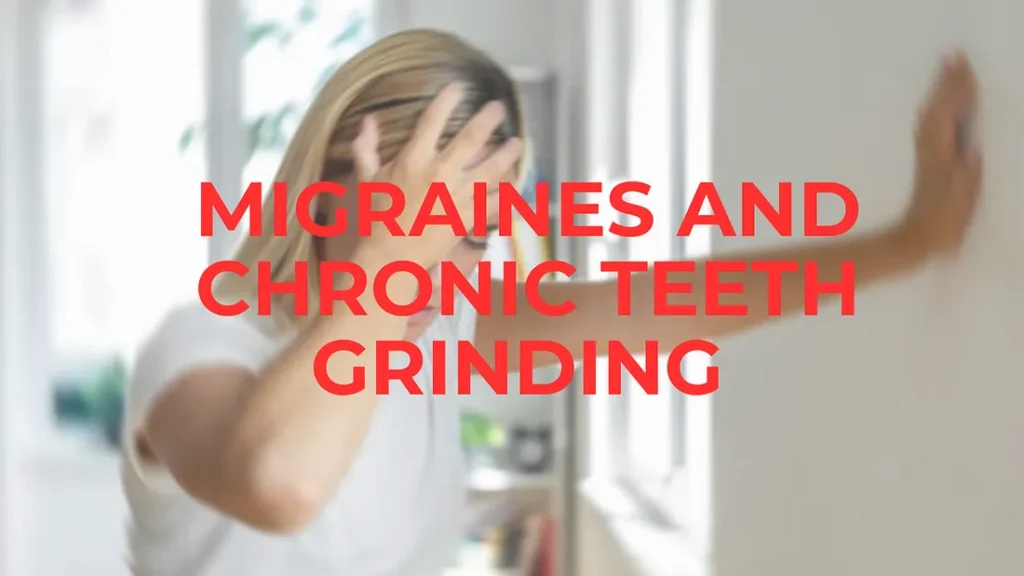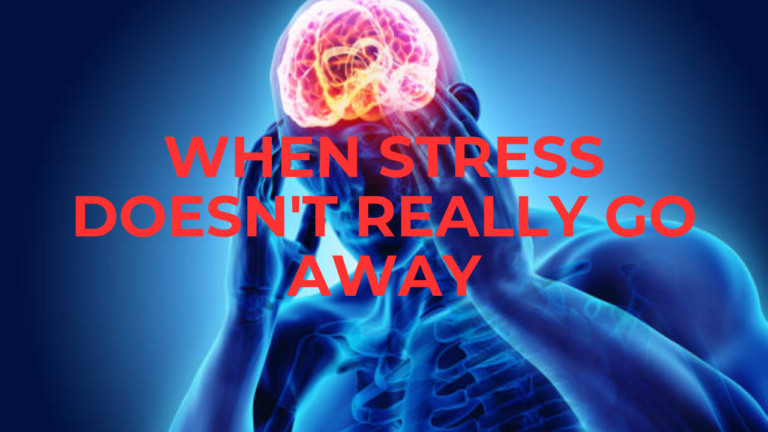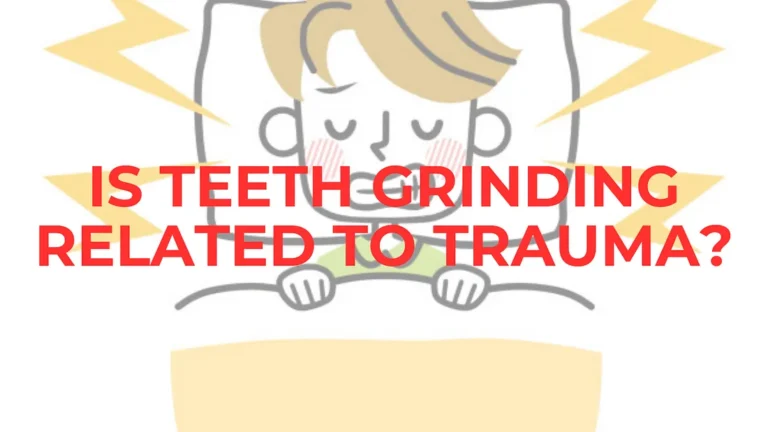Book Appointment Now
Psychology Of Bruxism: What Is the Connection Between Bruxism Or Jaw Clenching, Teeth Grinding, And Migraines?

Today, I’d like to answer the question: What is the connection between bruxism or jaw clenching, teeth grinding, and migraines? Migraines involve constant, recurring headaches that never seem to go away, even when you take painkillers. The headaches just keep coming.
I want us to understand that teeth grinding is mostly tension or built-up tension in your jaw area. Your grinding is your mind’s way of releasing that pent-up tension. When this tension in your jaws is not processed or released, it transfers to other areas of your body. Our bodies are an interconnected system of muscles.
You can picture your head and neck as one giant, continuous network of rubber bands. The jaw muscles are one big, central rubber band with all the other little bands interconnected to it, stretching across your head and neck.
Now picture yourself pulling and stretching that central rubber band all the time — so, in this case, that’s the jaw clenching and grinding. At first, only the main band is going to feel the tension.
But when stretched over and over again, that tension becomes prevalent. The other connected smaller rubber bands begin to tighten and stretch too, even though you’re not directly pulling on them. Through repeated strain, a few of those smaller bands get overstretched or worn. These overstretched bands become sensitive and painful — like the beginning of a migraine.
Even if the pulling of the main rubber band stops, other bands do not immediately relax. They have been under that tension for so long that they stay tight, and with that, they cause trouble in different areas of the “network”.
The tension in your jaws can lead to symptoms beyond just jaw pain or heaviness. You might feel neck pain, throat pain, and even chronic pain in various parts of your body because the tension is transferred throughout your interconnected muscle system.
So, see your teeth grinding or jaw clenching as a rubber band that, if not dealt with, will keep getting worse and lead to other symptoms. This also means that unexplained symptoms you can’t seem to alleviate with painkillers might be due to the tension or emotions you’re holding in your jaw. By releasing that tension, you might feel lighter and more relaxed.
Before seeking multiple prescriptions, focus on dealing with this problem holistically. It may save you from negative side effects of drugs and other issues by just releasing pent-up emotions or tension in that first rubber band, your jaw.
I hope that makes sense. All these things are interconnected, and releasing the tension in your jaw can release tension in other parts of your body.
I hope you found this informative. Let me know your thoughts on the symptoms you experience, aside from teeth grinding, and maybe you’ll find a solution by addressing the root cause.







